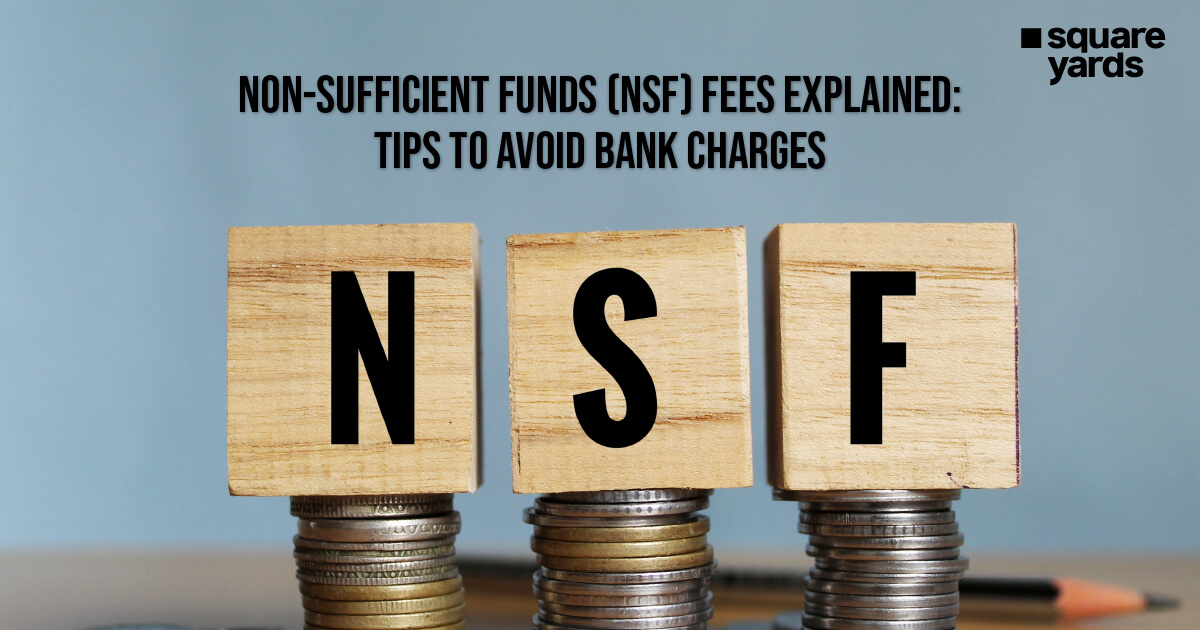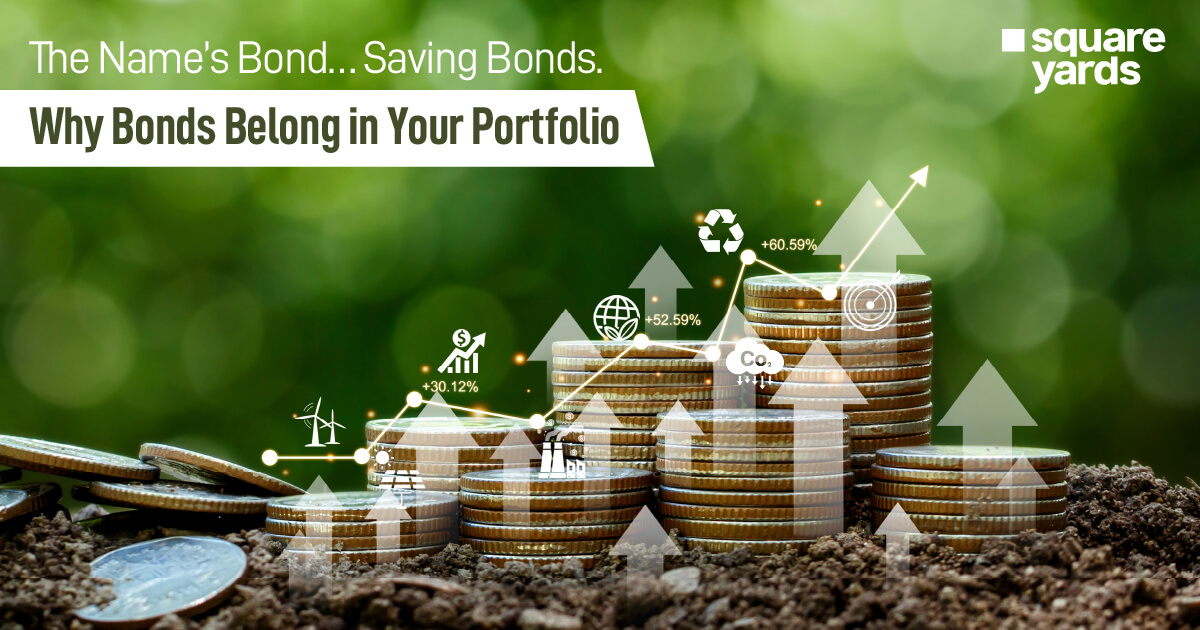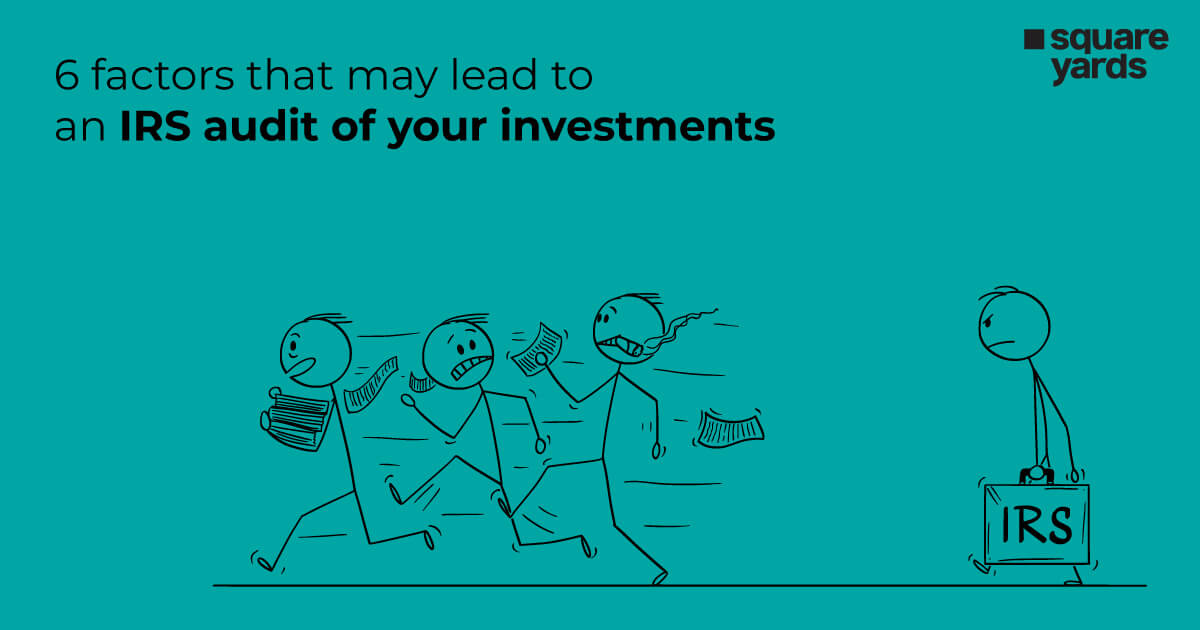ESG stands for Environmental, Social, and Governance and represents a broader approach to investing that considers possible financial benefits and our impact on society and the environment. ESG investing in Canada is frequently associated with responsible, impactful, sustainable, green, socially responsible, and ethical investing. These phrases embody the concept that finance should serve society’s primary objectives over the long run rather than focusing on short-term profit maximisation.
Brief Description
ESG investing in Canada means your money will support companies that aim to improve the world. People can match their investment decisions with their values using this ethical investing technique. The world is changing at a vast pace. Social movements, the effects of climate change, and corporate board governance are all growing more and more significant. There is an industry specifically designed to assist investors who want to allocate their funds to companies on the frontlines of these three revolutions. Locating the top ESG companies will assist you in reaching your financial objectives and contribute to building a more robust global community.
What is ESG Investing?

Environmental, Social, and Governance investing involves consciously choosing investment assets from companies that practice ethical business conduct, protect the environment, and follow socially responsible standards. Environmental, social, and governance factors are the basic foundation of ESG investing. These three categories encompass the primary things we can do to preserve the environment and raise global governance standards. The non-financial performance of a business or an investment project can be analysed based on the wide variety of ESG variables covered by each category.
Environmental Factors
These factors include activities impacting the environment. The desire to build a more sustainable and safe environment continues to gain momentum. This involves carefully monitoring companies and institutions whose operations do not cause climate change or pollute the environment. Embracing biodiversity, using efficient energy methods, and properly managing natural resources are further classified as environmental factors.
Social Factors
The social factor of ESG investment concerns problems with human relations, employment practices, equality, privacy, diversity, and personal data management. Some companies have been criticised for strict labour laws harming people’s health, safety, and well-being. These elements are crucial to ESG investors and could influence their choice to purchase stock in a company.
Governance Factors
Transparency in business operations is a key component of ESG investing. This covers shareholder voting rights, financial audits, ethical standards and procedures, and political campaigns. Enthusiastic about ESG, especially corporate governance, investors require details on audit procedures and board makeup to ensure that top management promotes reasonable policies.
Differentiating Between ESG Investing vs SRI and CSR
ESG investing, SRI and CSR are related concepts that support ethical and sustainable business practices, although they are addressed from different perspectives.
ESG
ESG investing in Canada evaluates an organisation’s performance regarding governance, social, and environmental issues. Based on this data, investment decisions are made. It seeks to have a beneficial social and environmental impact in addition to long-term financial returns. It considers ESG elements as threats or advantages that could impact a business’s financial sector. ESG performance is evaluated using established standards and quantitative data, allowing company comparisons. Investors use ESG data to hold companies accountable for their social and environmental effects. A company’s stock price may be adversely affected by low ESG performance.
SRI
SRI aims to match investors’ financial decisions with their social and ethical responsibilities. In addition to delivering financial benefits, it encourages favourable social and environmental effects. The socially responsible investing (SRI) approach is more qualitative and values-based. Investors establish their criteria for exclusion based on certain social or environmental issues (such as fossil fuels, weapons, or tobacco) that they wish to avoid. It might invest in companies that address social or environmental problems directly.
CSR
CSR concerns an organisation’s voluntary efforts to reduce its negative environmental impact and be socially responsible. It involves a company’s initiatives and actions. It attempts to raise employee engagement, a company’s brand image, and social reputation. Additionally, it can support efforts to attract and retain talent and investors who respect ethical behaviour. CSR often describes a company’s social responsibility initiatives using qualitative metrics. This can be arbitrary and difficult to compare among companies. The majority of CSR activities are optional and unrelated to financial outcomes. Companies are less under external pressure to produce outcomes, yet they still have greater freedom in handling CSR.
ESG Investing Rating Metrics

ESG metrics are a collection of different performance measures, mostly non-financial, used to evaluate companies based on their sustainable and ethical business practices. The internal governance structure, CSR, and environmental effects are just some of the topics these indicators help to highlight. Companies can monitor their progress toward improved corporate sustainability and ethical business practices and, eventually, their contributions to long-term value creation and social well-being by measuring and analysing them.
Explore Different ESG Metrics
Which metrics would have the greatest significance within an organisation? Let’s find some valuable examples of the different elements of Environmental, Social, and Governance.
Environmental Metrics
These indicators assess a business’s environmental impact and its efforts to reduce it. They are frequently measurable and easily compared between companies. Let’s find out:
-
- Greenhouse Gas Emission: This monitors how much greenhouse gas, like carbon dioxide, a business releases into the environment. Greenhouse gas emissions mostly cause climate change, and companies that release many of them may risk financial, legal, and reputational problems.
- Consumed Energy: Another typical ESG statistic is the amount of energy a business requires for operations, data centre powering, and producing goods and services. Companies that use renewable energy sources, including wind and solar power, may be less environmentally harmful than fossil fuels. Analysing energy consumption data can also reveal opportunities to improve energy efficiency.
Social Metrics
How can the social elements of an ESG company be measured? Social metrics can be variable and are frequently qualitative. Let’s have a peek into a few examples given below:
-
- Labour Practices: The behaviour of workers and employees in a company’s supply networks can be analysed using ESG metrics. Fair pay and safe working conditions are two examples of labour practices that are tracked and include a quantitative component.
- DEI: How inclusive is a workplace, and how different is your workforce? These metrics go beyond reputation and legal requirements. Research indicates that organisations with a diversified workforce may have an advantage in comprehending and satisfying the demands of a varied consumer base.
Governance Metrics
These measures assess a company’s corporate policies, internal controls, and leadership performance. Metrics related to governance are quantifiable and can be compared between other companies. Mentioned below are a few examples:
-
- Board Diversity: How diversified is a company’s board of directors? Diversity on a board might involve factors like age, race, gender, and nationality. A diverse board brings different perspectives and ideas, leading to better decisions. It also shows the company’s commitment to inclusivity and equality.
- Executive Compensation: It evaluates the compensation of a company’s top executives. This can determine a company’s ability to govern itself and whether the financial incentives provided to its senior executives align with its stakeholders’ objectives.
Weighing The Pros And Cons of ESG Investing in Canada

Environmental, Social, and Governance investing is not the cherry on top; while it has potential benefits, it also has drawbacks. Let’s explore the pros and cons of ESG investing –
Pros
-
-
High Return Possibility
-
Investing in ESG provides a way to benefit from long-term advantages while encouraging moral and ethical behaviour. Companies integrating ESG factors into their fundamental beliefs are better positioned to manage risks and explore new possibilities. This is certainly true in the current situation, as investors are paying more attention to the ethical and sustainable practices of their investments. ESG investing may be a compelling choice for investors hoping for longer-term gains.
-
-
Low Risk
-
ESG investing in Canada promotes investing in companies that are dedicated to sustainable practices. By doing this, they reduce the risk of doing business with unlawful or unsustainable companies. This is part of avoiding companies that harm the environment or breach human rights laws.
-
-
Positive Impact
-
Investing with this strategy enables investors to fund companies that share their values and benefit society and the environment. ESG investment considers a company’s environmental, social, and governance performance in addition to its financial performance. Investors now use it as their go-to investment technique.
Cons
-
-
Limited Investment Possibility
-
Only some companies will likely fit the requirements for investments focusing on ESG, and in some situations, the investment opportunities available for ESG investing may be more restricted. To be considered ESG-friendly, a company must meet specific environmental, social, and governance criteria. This implies that some industries, such as those that significantly rely on fossil fuels, would not be suitable for this type of investment.
-
-
Subjectivity
-
There is no one-size-fits-all strategy for ESG investing in Canada. This type of investing has a subjective approach in addition to the objective standards used to assess businesses’ environmental, social, and governance activities. Various investors may have different views about sustainable and ethical practices.
Final Words
ESG investing may be advantageous for those who desire to align their assets with their values while increasing returns and lowering risk. Investors, however, carefully consider the possible disadvantages and make sure that ESG investing fits with their unique investing objectives and risk tolerance. If you have a detailed understanding of your organisation’s ESG activities, the next step is to document them in a formal report style.
You May Also Read :
|
Know The Forex Trading in Canada |
|
|
Guide To Non Sufficient Fund Fees |
|
|
Explore Green Investment in Canada |
|
|
Know The Real Estate Photography |
Frequently Asked Questions (FAQs)
When making investment choices, ESG investing in Canada considers a company's environmental, social, and governance practices in addition to traditional financial metrics.
ESG regulations are not mandatory for all companies. Still, as of 2024, banks and insurance companies subject to federal regulation must report on environmental, social, and governance components.
Canada's total ESG performance is not ranked using a single, definitive method. However, Canada generally performs highly in several ESG categories, especially social issues.
Mutual funds, individual stocks, and ETFs are some ways to invest in ESG investing. What is ESG investing in Canada?
What is the ESG regulation in Canada?
How is Canada ranked in ESG?
What are the examples of ESG investing?











